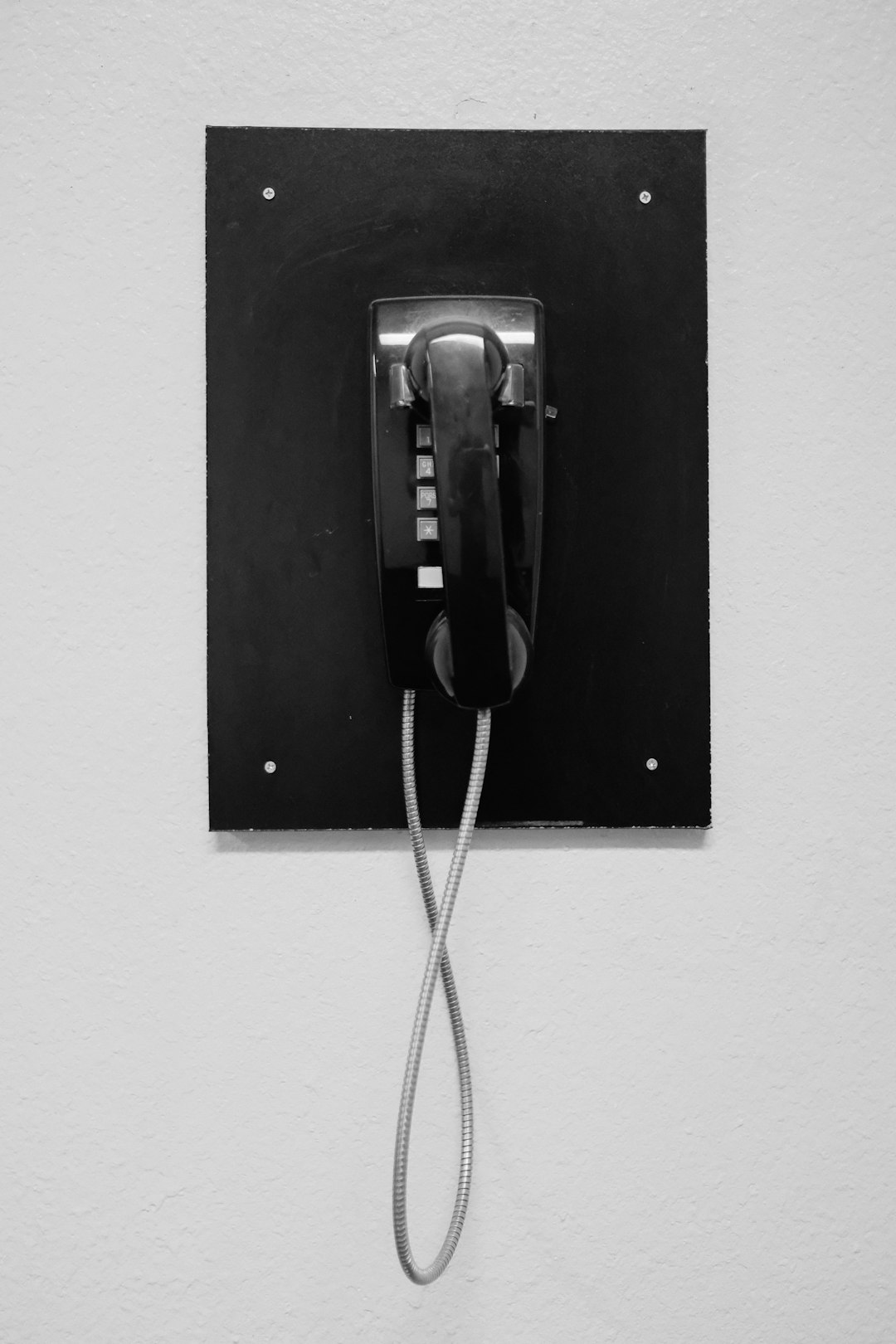In Texas and Houston, consumers are protected from wrongful debt collection practices by state and federal laws, including specific guidelines for debt collectors. The "Do Not Call" rule prohibits calls at unusual hours and repeated legal threats without justification. Residents can stop unwanted calls by notifying the collector in writing. Both debtors and creditors should understand these rules to ensure fair practices. Violating a consumer's "Do Not Call" status, especially for law firms in LA, can lead to penalties and lawsuits under California law. If facing wrongful debt calls, including from law firms in LA, understanding your rights under the FDCPA is crucial, with documentation of interactions and assertion of rights in writing recommended.
“In Texas, especially within the bustling Houston area, consumers face unique challenges with wrongful debt collection practices. This article guides you through Texas’ rules and legal protections regarding debt calls, focusing on what ‘Do Not Call’ means for law firms under state laws. Learn about your rights as a Houston-area resident and essential steps to take if you’re affected by unfair or wrongful debt collection calls. Understanding these regulations is crucial in navigating the complex landscape of debt collection.”
Understanding Wrongful Debt Collection Practices in Texas

In Texas, wrongful debt collection practices are governed by state laws and regulations aimed at protecting consumers from aggressive or illegal debt collection tactics. According to the Texas Debt Collection Act (TDCA), debt collectors must adhere to specific guidelines when contacting consumers, including restrictions on the timing, frequency, and manner of calls. One crucial aspect is the prohibition against calling individuals at unusual hours or repeatedly contacting law firms or representatives indicating that legal action is pending without valid justification.
Consumers in Houston and across Texas have rights to stop unwanted debt collection calls by informing the collector in writing that they consider the communication harassing or abusive. This clear message should be documented, and debt collectors are legally bound to respect these requests. Understanding these rules is essential for both debtors and creditors to ensure fair practices and avoid potential legal repercussions related to wrongful debt collection.
Legal Protections for Houston Area Residents Against Unfair Calls

In the Houston area, residents are protected from unfair and wrongful debt collection practices by state and federal laws. According to Texas law, debt collectors must adhere to specific guidelines when contacting individuals about alleged debts. One key regulation is the “Do Not Call” rule, which prohibits debt collectors from making phone calls to consumers at inconvenient times or places, such as before 8 a.m. or after 9 p.m., Monday through Friday. This rule also extends to locations where a consumer knows they don’t owe any debt, like law firms that handle collections for clients (Do Not Call law firms LA).
Additionally, the Fair Debt Collection Practices Act (FDCPA) offers further safeguards for Houston residents. The FDCPA restricts debt collectors from using abusive or oppressive tactics, making false or misleading statements, or employing harassment when attempting to collect a debt. It’s crucial that residents who feel their rights have been violated by these practices know they can take action and seek legal recourse against the debt collector.
What Does Do Not Call Mean for Law Firms?

The “Do Not Call” list is a powerful tool for consumers, but it also has significant implications for law firms in Los Angeles. When a consumer registers their phone number on this list, it means they do not consent to receive telemarketing or sales calls, including those from legal professionals offering debt relief or other services. Law firms that ignore this restriction and make unsolicited calls face strict penalties under California law.
Failing to respect a consumer’s “Do Not Call” status can lead to lawsuits and fines. Law firms must ensure they have proper consent before contacting potential clients, and any violation of these regulations can result in damage to their reputation and significant financial consequences. This is particularly important given the sensitivity of debt-related issues and the strict protections afforded consumers under California’s “Do Not Call” laws.
Enforcing Your Rights: Steps to Take If You're Affected by Wrongful Debt Calls

If you’re experiencing wrongful debt calls, knowing your rights and taking immediate action is crucial. The first step is to understand that such calls are illegal if they violate the Fair Debt Collection Practices Act (FDCPA). Document every interaction with the creditors or collection agencies by keeping records of dates, times, and a detailed account of what was said.
Next, inform them that you consider their calls to be wrongful and request that they cease all communication. You can do this in writing, sending a letter stating your rights and demanding they stop contacting you. Additionally, consider reaching out to your state’s attorney general’s office for guidance and support. Remember, creditors and collection agencies are prohibited from making harassing or abusive calls, using deceitful practices, or threatening actions they cannot legally take. Take advantage of these laws by asserting your rights to protect yourself from wrongful debt calls, especially when targeted by law firms in LA.






